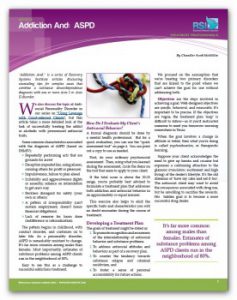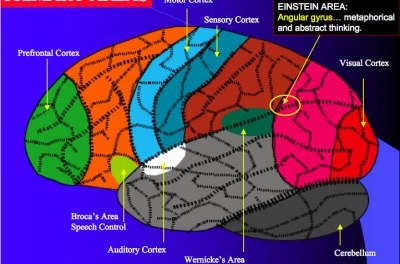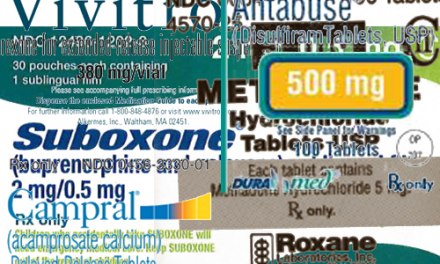The pattern of anti-social behavior disorder begins in childhood, with conduct disorders, and continues to later life. It’s resistant to change, and about 80% of ASPD clients suffer from substance abuse/dependency problems. We frequently see ASPD clients in programs that provide court-mandated treatment, in pre-release corrections and corrections-related settings. That’s because the symptoms of ASPD include criminal behaviors, as well as deception, aggressiveness, and irresponsibility.
It’s a tough combination. ASPD is resistant to change, and clients with ASPD can be difficult, manipulative, demanding, and even intimidating. But it’s not impossible. With a little leverage and some understanding of effective therapeutic technique, you can increase the chances of successful outcomes with these clients.
The article also includes a copy of the “ASB Quick Assessment” tool:
You can see all of our content relating to addicted offenders in this feed.















It’s so hard to fight with addictions as an antisocial, especially since getting drugs and prescriptions out of doctors is so easy.